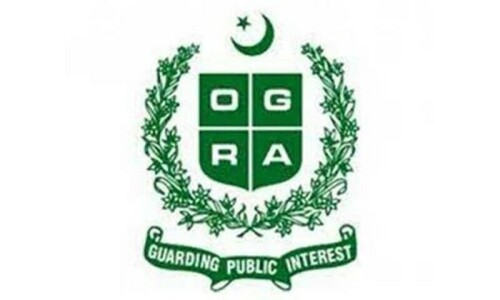RIYADH: Hopes of a coordinated production cut continued to be raised and then dashed throughout the week, making the crude markets jittery, rather ultra reactive.
Last Thursday, oil prices briefly dipped to new 12-year lows, yet rebounded in the afternoon after it was reported that Organisation of the Petroleum Exporting Countries (Opec) members might be ready to cooperate on an output cut, citing comments of UAE Energy Minister Suhail al-Mazrouei on Sky News Arabia. And on Friday too markets surged by 12 per cent.
A statement from the head of Russian state-run oil company Rosneft on Wednesday also helped firm up market sentiments. He floated the idea of a coordinated output cut by major oil-producing countries to prop up sagging prices but fell short of saying whether Moscow would contribute to such a plan.
Rosneft Chief Executive Igor Sechin, a close ally of Russian President Putin, suggested during the IP Week conference in London last week that major oil producers cut production by 1 million barrels per day (bpd) to reduce oversupply.
Interestingly, while answering questions after the speech, Sechin declined to say whether Russia would participate in any coordinated output cut or not.
“Who are we supposed to be talking to about cuts? Will Saudi Arabia or Iran cut production?” Sechin counter asked.
And thus the buzz continues to make rounds. Despite the fact that there are significant obstacles on way, including geopolitics, yet some positive initial signals are beginning to appear on crude horizon.
Riyadh has already indicated it would be willing to consider a cut, but only if all major producers agreed to one. And in the meantime, signals from Tehran too appear different from its earlier stand of increasing its output – come what may. Last Tuesday, Iran’s Oil Minister Bijan Zangeneh hinted Tehran was ready to negotiate with Saudi Arabia and other Opec members over the dire conditions in international oil markets. “We support any form of dialogue and cooperation with Opec member states, including Saudi Arabia,” Zangeneh told reporters.
However, clarity is still needed from Tehran. A day later, another senior Iranian official said the country cannot cut crude oil production because it needs to regain market share and return to pre-sanctions output levels.
Asked if Tehran was ready to coordinate a production cut to support the oil market, acting deputy oil minister Masoud Hashemian Esfahani told Reuters news agency: “We do not like to cut. We need to [get] back our share.
“The [oil] price completely depends on [the] market situation and we have a surplus of supply now. Maybe some countries must cut their share and many countries [must] get back their share,” Esfahani said.
And while markets dropped some interesting hints late last week, yet, at the beginning, the prospects for an emergency Opec meeting to discuss any coordinated output cut appeared dismal.
After discussions in Moscow, Venezuelan energy minister Eulogio Del Pino dashed last Sunday to Riyadh to see Minister Ali Al-Naimi. Although the two ministers spoke of positive atmosphere in their meetings, yet, the comments noticeably lacked any mention of an agreed upon strategy on the issue.
“Nothing really happened at the meeting,” an Opec official told The Wall Street Journal The Wall Street Journal. And this pricked the air out of the output cut balloon. Consequently prices were down as much as 3.8pc last Monday.
Reaching a consensus on output cuts is difficult. There are definitely a number of impediments, before major stake holders could come to an arrangement on the issue. Lack of trust is holding them back. Geopolitics too continues to play a role.
There are indications now that King Salman is scheduled to travel to Moscow. Although, the meeting agenda was still to be decided, yet most feel that the state of oil markets would definitely be as issue of interest between the two.
Political goodwill has always been an important element in achieving a breakthrough on global energy chessboard. The current scenario is no different.
And thus for the time being, while Cushing is brimming with stocks, at the highest ever level and the Opec is continuing to keep output at or around current levels, no peace for the markets could be guaranteed. With pundits pointing to $20 prices, keeping their heads high, markets could be in for some more battering, one can’t help underlining.
Published in Dawn, February 14th, 2016














































Dear visitor, the comments section is undergoing an overhaul and will return soon.